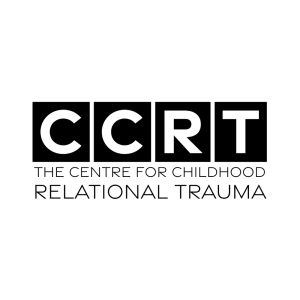Episodes

Wednesday Oct 02, 2024
Wednesday Oct 02, 2024
'My mother emotionally and psychologically abused me in a way that I fully, 100 per cent, believed that I hated my dad, that I didn't want to see him, that I didn't want to have anything to do with him. She would make me physically ill to a schedule so that I would miss visitation.'
Josh is now 25 and about to start training as a social worker. He was removed from the care of his mother at the age of 11 due to psychological harm caused by factitious illness. Josh grew up believing that his father had made him sick and that his anxiety and lack of social development were the result of this. Instead, it was found that his mother's overprotective and intrusive parenting had caused him serious harm. With the help of the Family Separation Clinic and his Local Authority social worker, Josh was moved to live with his father, with whom he now has a strong and enduring relationship.
Josh talked about his experiences at the Family Separation Clinic International Symposium, co-hosted with CCRT, at Cambridge University, on 12 September 2024.www.familyseparationclinic.com/symposium/

Childhood Relational Trauma
Key Aspects of Childhood Relational Trauma:
Attachment disruption
Healthy attachment to caregivers is critical for a child's sense of security. When caregivers are neglectful, abusive, or inconsistent, it can disrupt the child's ability to form secure attachments. This can lead to difficulties in trusting others and forming relationships later in life.
Emotional abuse or neglect
Emotional abuse includes behaviors such as constant criticism, rejection, or humiliation. Emotional neglect occurs when caregivers fail to provide the emotional support and affection a child needs. Both can lead to feelings of worthlessness, anxiety, and depression.
Physical or sexual abuse
Direct physical or sexual harm from caregivers or family members can result in deep emotional scars. This type of trauma often causes feelings of betrayal and can severely impact a child's sense of safety and self-worth.
Witnessing family violence
Even if a child is not directly harmed, witnessing violence between caregivers or other family members can be traumatic. It can create a chaotic and fearful environment, impacting the child's emotional development.
Unreliable or inconsistent parenting
When caregivers are inconsistent in their responses, such as being loving one moment and hostile the next, children may develop anxiety, insecurity, and confusion about relationships.
Impact on development
Relational trauma in childhood can lead to difficulties in emotional regulation, self-esteem issues, problems in forming and maintaining relationships, and a higher risk of mental health disorders like depression, anxiety, or post-traumatic stress disorder (PTSD).
Long-Term Effects:
Individuals who experience childhood relational trauma may struggle with trust, intimacy, and self-worth throughout their lives. They may also be more vulnerable to mental health issues and may have a heightened stress
